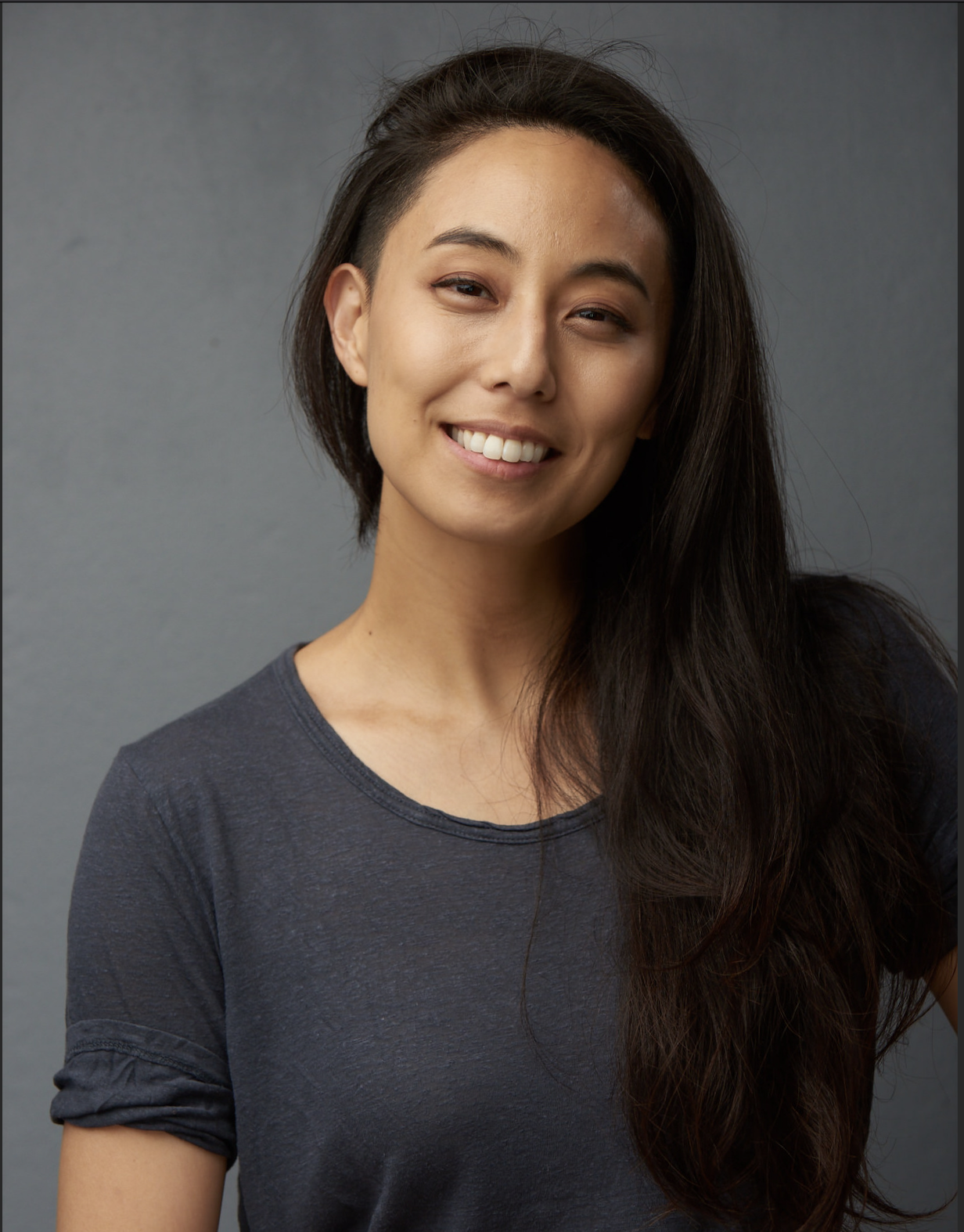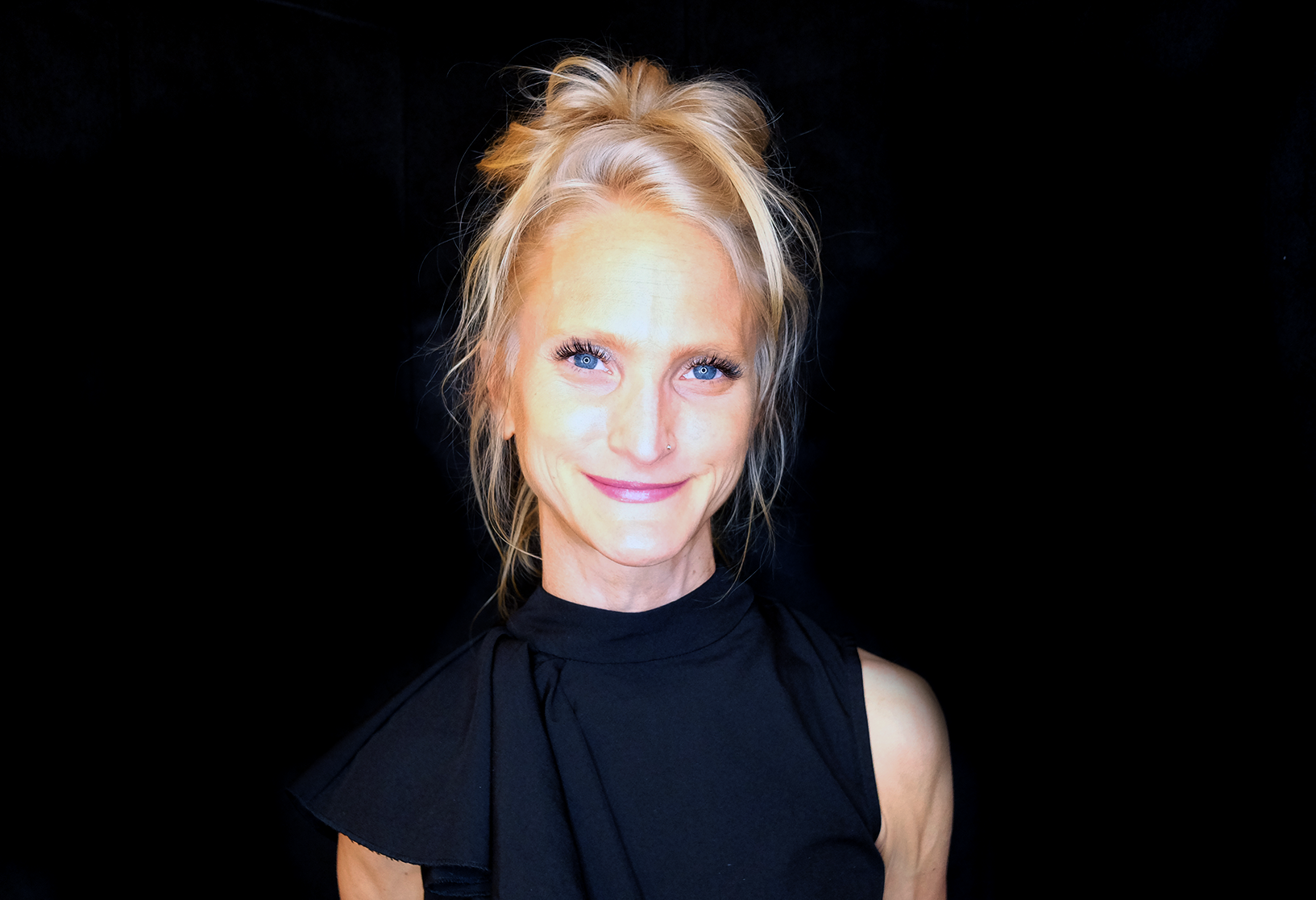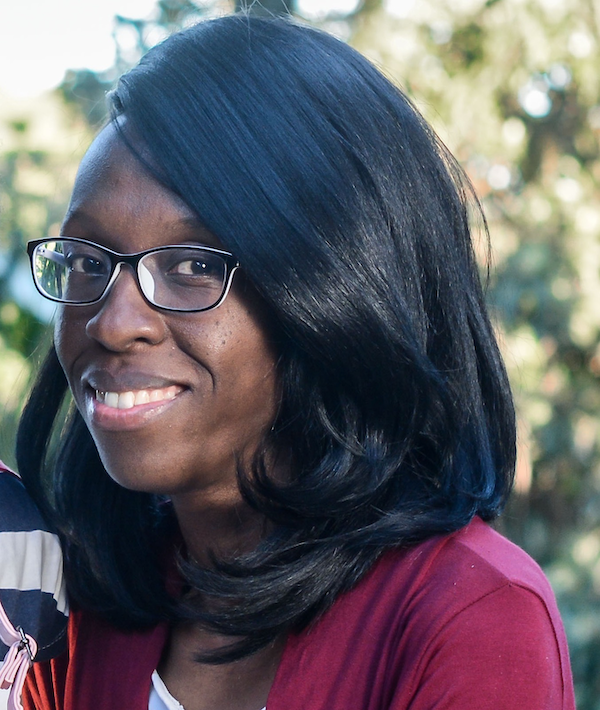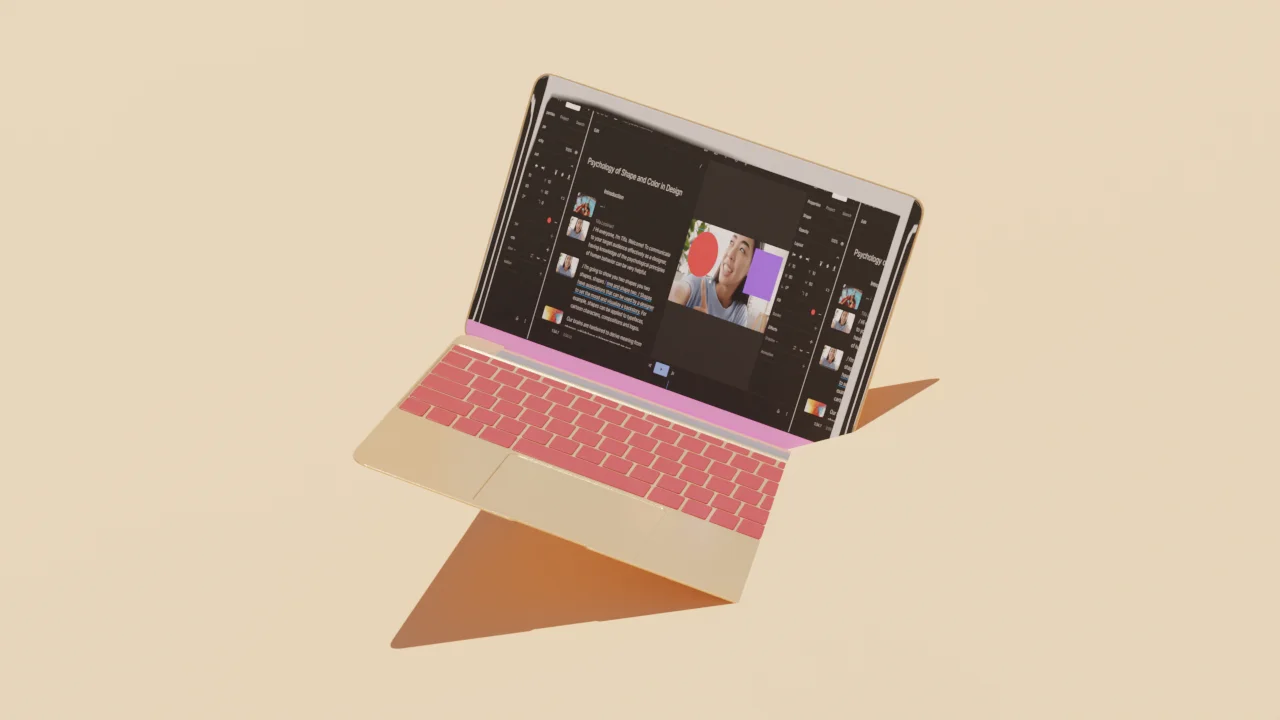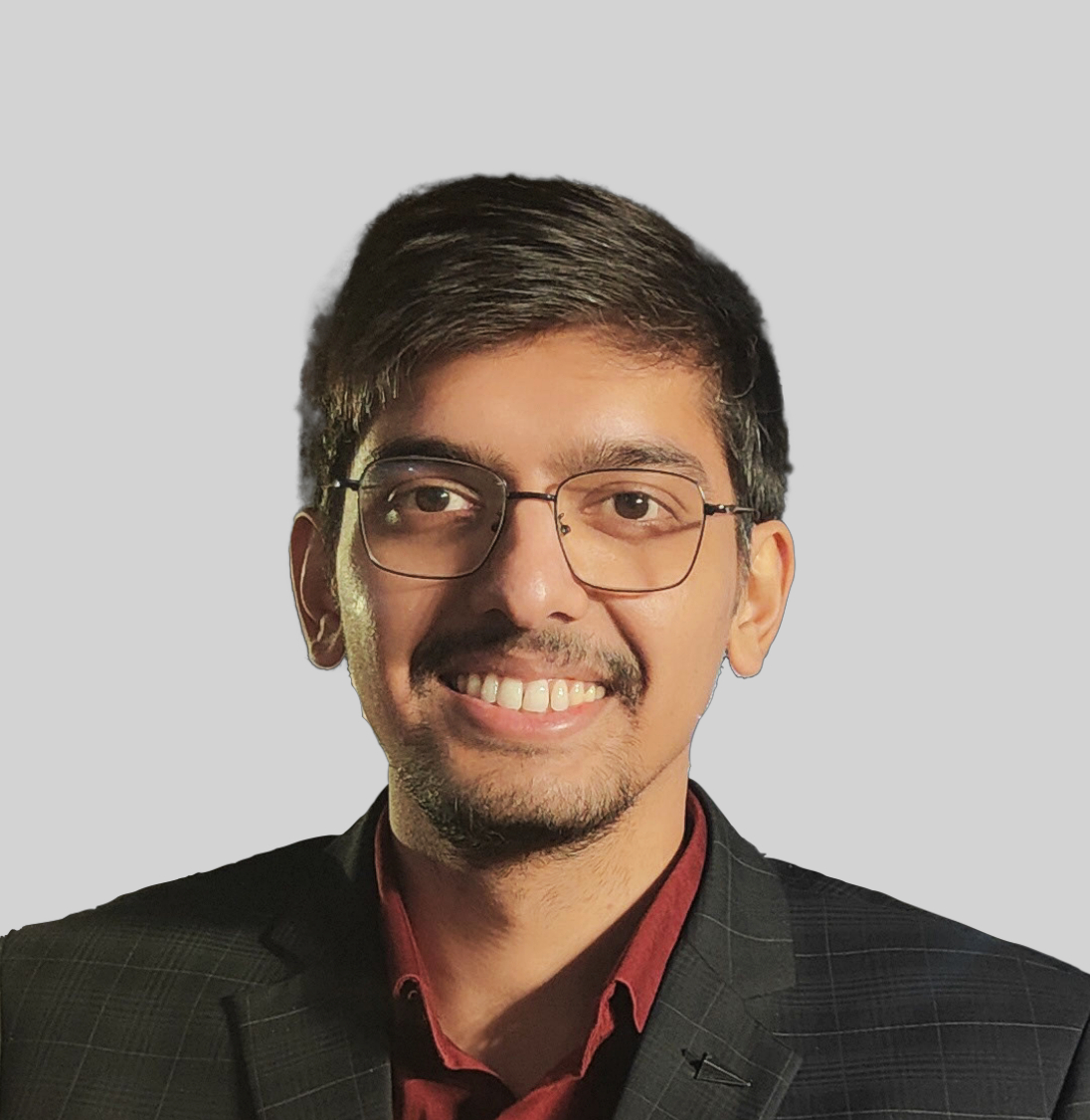Matt Peiken’s origins as a journalist were in the world of print media. As a writer, he often covered music and the arts, but it wasn’t until 2012 that he launched his own audio project: a podcast called Whole Note, which he created in conjunction with the online magazine MNuet. Matt’s next pod, Metal Brainiac, came in 2015. His experience with audio production then landed him a job at Blue Ridge Public Radio, the local NPR affiliate in Asheville, North Carolina, where he lives.
Now he’s striking out on his own with The Overlook with Matt Peiken, a daily news podcast that he describes as The Daily meets Fresh Air—but focused on Asheville, naturally.
We were especially excited to talk to Matt because of where he lives and his devotion to his local community. We interview a lot of people in New York and LA, which can contribute to an idea that to make a successful podcast, you have to live in one of those cities. But one of the great things about podcasting is that it’s so decentralized, and people like Matt prove it.
We talked to Matt about deciding to take risks on yourself, and focusing on creating the kind of local news coverage that’s fast disappearing all over the country. This interview has been edited and condensed for length and clarity.
 |
When you left your job at Blue Ridge Public Radio, why did you decide to go into podcasting?
I'd worked at this public radio station for five and a half years. When they hired this new general manager, I knew that my time at the station was going to come to an end. The hourglass had been turned over, and I just didn't know how many grains of sand were left. I started scheming about what I was going to do next.
I thought my chances of getting hired at another public radio station were probably not fantastic. I was a finalist for two jobs that I was overly qualified for, and if I couldn't get those jobs, I figured I was going to have to do something entrepreneurial. So I put together a whiteboard with several ideas, and what I'm doing now was the winning idea.
Once I figured out what I was going to do, I gave notice. And then 10 days after my departure from the radio station was the debut of my podcast, The Overlook.
Wow. That's a fast turnaround.
Yeah. I had already started recording interviews for my show while I was still in my final month or so of work at the radio station. I was doing my work and then, when I had an hour here or there, I would—I got use of a theater downtown, a small black box. The owners have always supported my work, and when I told them what I was doing, they had room for me. They just gave me a key and said, “As long as you're out before we start rehearsals every day, the space is yours.”
It has saved me $600 a month, which is what a 200 square foot space in this city probably would run me. Although I will say, I've wanted to get a [dedicated] space because I can't do video [at the theater]. If I had a dedicated space, I wouldn't have to break down my equipment every day.
What does your tech setup look like at this point?
If I’m interviewing people, I bring them to the theater. I have the PodMics from RODE; I have six of them. Most of the time, I use a [Zoom] PodTrak 4, which is a little handheld. It's such a fantastic little device. I use a PodTrak 4 for most of my interviews, but if I have more than 3 guests—because they only have 4 inputs—I use another Zoom machine that has 8 inputs. That's the extent of my tech when I'm remote.
Back home, I have a 27 inch iMac. It's like 13 years old and I still use it. And I have a Logi standalone camera. I have an MXL, a studio microphone, with this brand new thing that you can put on your microphone and it makes your room more sound efficient.
For software, I use Descript and Hindenburg. And I use this other software sometimes called Wondershare Uniconverter, so I can convert different audio and video formats. Oh also, Audio Hijack. If I'm recording something from the web, it's just an easy, one button push. I also use Final Cut Pro if I have video that I'm editing.
We’re always happy when people say they use Descript! How does it fit into your process?
When I first started The Overlook I was editing everything in Hindenburg. Everything. I would take the raw audio that I recorded on my flash drive, import it into my iMac, drag it into Hindenburg, and then I was cutting out all the ums and uhs. If you looked at my editing file there would be hundreds of cuts.
Descript has been the most fantastic time saver. My episodes average about 30, 35 minutes; it would take me like five hours of editing to get there. Now it’s two and a half to three hours.
What has it been like to go from being an employee somewhere to being the face of a show and a brand?
A friend of mine is a graphic artist, and initially, we put together cover art that didn't have me on it. It was an aerial view of Asheville. Then we added me to it. It was a good step, but I like what I'm using for my cover art a lot better now, where it's just me. It's not the city. I have the word Asheville in the subhed. The show is called The Overlook with Matt Peiken, so I think it's important.
 |
[My former station] was like, the second most listened to radio station in this area, which is very unusual for public radio. We're a pretty dominant station here. So I feel like my name was really important in starting this show.
I had ideas on my whiteboard of doing this show in another city. I used to live in Cincinnati. I worked in Cincinnati for a couple years; I love Cincinnati, and I really thought seriously about moving there and doing what I'm doing there. But I realized nobody there knows me anymore. It’s been almost 10 years since I was there, so I'd be starting from ground zero there.
If I didn't already have my job at NPR, I wouldn't have been able to get a quick interview with the mayor. I wouldn't have had the district attorney calling me to be on my show. I've had guests who remember me from Blue Ridge Public Radio, so that's been a big deal.
What’s your social media like? How do you advertise the show?
My social media is trash. First of all, I don't go on social media much. I have accounts, but I'm not a browser.
I'm using this company called Virtual Assistants that has contracted with people in the Philippines and Venezuela and other countries. They’re fluent in English, but they work for much less than we pay here in the United States. So I contract with somebody in Venezuela for seven and a half hours a week. I pay $330 a month for her to do my social media.
I give her all the content for it. I do the text and I give her the imagery and all that, including the video graphic, the teaser that I make in Descript. I export that and send that to her. Then she uses templates that we have created and she just plugs all that stuff into the templates and she posts it every day.
I got onto the notion that newsletters are a good way to promote podcasts because there's a chain of daily podcasts in cities called CityCast. They're in like, 14 cities now and they produce a daily newsletter and a daily podcast.
I reached out to the CEO, and he was really generous. He let me have like an hour of time with one of their social media people, and she was telling me how much money they pour into Instagram and Facebook advertising. It is obscene how much money they put in.
I figured out a way to promote my show without it making it seem like overt promotion: I have a thing called The First Look newsletter. Every morning at 6:45, my social media person in Venezuela picks out four daily headlines from the local media landscape. So she looks through the daily newspaper here. She looks through the TV station here. She'll go through this investigative online outlet and our alternative weekly newspaper, and I give her the content for my show. She puts out five headlines every day with summaries of the stories. It fixes in people's minds that my show is part of the media landscape here.
It's still such a slow growth for the newsletter. I get far more people signing up for it when I make personal appearances. Like I've gone to a couple of different maker's markets; I've had a little table and my big billboard about The Overlook behind me. I sign people up for my newsletter and that seems to make a difference.
I also advertise on other podcasts. There’s a network called AudioGO; they're owned by Sirius XM. You can dial in by what interests you want from your audience. You can geotarget, which is why I'm doing this. I can get granular down to the zip code. If you're listening to The Daily in Asheville, you might hear my ad.
What about live events?
I have a new series that I believe is starting at the end of this month. It's a music and podcast series where I'm going to be having local bands who have new or recent records out; they'll be performing and sitting with me for an interview, and I will turn each of those bands performances and interviews into an episode.
 |
How do you monetize The Overlook?
Before I started, I took out a $30,000 loan. That was to help me get some equipment and to buy advertising, pay for my graphic designer. I had a lot of upfront costs.
I’m not profitable yet, but I am making money. I sell ads. Right now I have more advertisers than I've ever had, but I can't charge enough because my audience isn't big enough. And my Patreon is bringing in a few hundred bucks a month. It pays for my social media manager.
My strategy going in was, there were three tiers to this. One was the podcast selling advertising. The second one was doing branded podcasts for companies, and that has not developed yet. I don't have the bandwidth to recruit businesses right now. And the third arm would be a studio—a full production studio that people could rent.
An important part of my calculus in doing this is that I am very close to a legal retirement age. I have some money in a retirement account that I've built up over the many years of working. When you reach 59 and a half, you can legally take out money from that account without paying an early withdrawal penalty. You still have to pay taxes on it, but there’s no extra penalty. When I learned that, that is literally the day I said, I'm doing this. That was my permission slip to gamble on myself. I have a strategy about how much money I'm willing to take out of that account.
I did the calculus, and I'm willing to take out some of that money to provide the rocket fuel, so hopefully I can put myself into orbit, and not crash land back here on Earth.
What advice would you give to someone who wanted to start a podcast of their own?
I never describe myself as a podcaster. Ever. I feel there's an amateur connotation to the word. I'm a journalist who uses podcasting as a platform. I could use video as a platform. I could use writing text as a platform. It's just that I'm using podcasting as a platform.
So when I’ve been asked to consult people starting a podcast, I ask, Well, what is it you do? What do you want to be doing in your world? What's your expertise? What is your voice? What do you have knowledge about? What are you trying to impart?
Once you know what you want to do, assess the various ways you can do it, and see which of those you can do cost efficiently, with a low bar for entry.
Then, okay, is money important to you? If it's important for you to make money, then assess that too. Is podcasting the way for you to do this? ‘Cause there are other ways to do what you're trying to do, and might be easier to monetize.






%20(1).JPG)


















